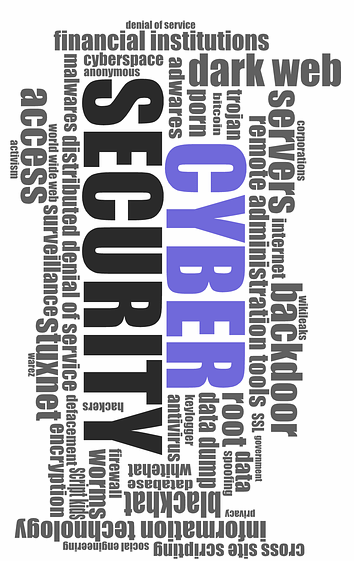As the workplace becomes more digital, your employees should have appropriate skills to be safe when surfing the internet. Your employees should know the risks and steps to take to protect themselves from cyberattacks.
To be secure online, you must constantly educate your staff and make changes following technological advancements. Also, you may consider the help of a company with IT support services to clean up your computer network, eliminate potential problems, and help your team implement efficient technology. Having said that, the following are some internet safety tips you can implement in the workplace:

Although public Wi-Fi connections may seem convenient, they present a massive threat to your internet safety. Public networks aren’t encrypted, and when using them, cybercriminals can see your private data, text information, or the sites you visit. To improve your internet safety, use virtual private network (VPN) technology.
A VPN changes the IP address of your workplace computer, making your internet connection private. As you send data on the internet, VPN hides sensitive data like credit card details. Also, the VPN enables your workplace to have a secure connection between internet servers and your device so that no third parties can access or monitor the data you're exchanging.
For VPN services, you can enlist the help of a company offering IT support services to eliminate any internet safety issues. Choose a industry-leading VPN company.
The internet safety of your workplace depends on how the employees are educated to apply safety measures and avoid threats. Your employees should receive constant training and online coaching sessions that includes identifying suspicious emails, connecting through VPN, and other cybersecurity essentials.
Today's workplace is dynamic, with shared office spaces and remote working. Your team can be spread across multiple locations, and you should ensure your work cell phone, laptop, or desktop are lockable with secure passcodes. This way, those near you can't access your hardware without permission. You can use a PIN, biometrics, 2FA or a matrix passcode for your devices. When it's idle, ensure you lock it.
Always be on the lookout for anything that may appear suspicious in your computer system because chances are it's from a malicious actor. Things like urgent subject lines in your email or an attachment related to billing can be enticing and a way for hackers to gain access. If the sender of such messages isn't an official company member, don't open or download such attachments.
To secure your business system and network, use logging mechanisms that track and monitor access. This way, you can identify those in your network. Also, remember to frequently audit these records so you can detect any unauthorized access or suspicious actions in the network.
Passwords are a weak spot in your workplace's internet safety. This is because people choose simple passwords for their memory, making it easy for hackers to guess. You should have strong, complex, unique passwords that thieves can't crack. To easily manage numerous passwords, you can use reliable password management software.
Most cybercriminals aim at tricking you into downloading malware applications or programs so they can steal your information. A common way is through links that they share. These suspicious links can be in your spam emails, quizzes, free offers, or adverts on your computer. Before you click on any link, ensure the text and the link provided are on the same subject. If not, delete it and inquire from suitable sources what the communication was or ask for help from your ICT department.
You need to stay current with the various aspects of your computer. Constantly update your operating system, antivirus, and applications. You should also update your software and tools, be it workflow automation tools or CRM. The software can’t protect you from all threats, but it'll detect and secure your system to some level providing a layer of internet safety. Developers of these products make security patches to make the product safer, and you need to also update to be able to monitor any threats and vulnerabilities in your system. Accept the updates and keep your workplace secure.
To ensure your internet safety, you must regularly back up important data to prevent the loss of information during a cyber security breach. Backups are a cybersecurity plan, and you can automate the data backup in your company.
Internet safety in the workplace is essential in ensuring you don't lose your data to hackers and money trying to recover from a security breach. The tips above are just a few things you could do to ensure you're well protected from internet threats. Remember, prevention is better than cure.
Author's Bio
Jane Rudder works at Caltech. She takes great pride in helping businesses thrive in the present world riddled with cyber uncertainties. You may want to click here for Caltech’s IT support in Dallas. Outside work, she enjoys camping in the mountains and jungles of the U.S.